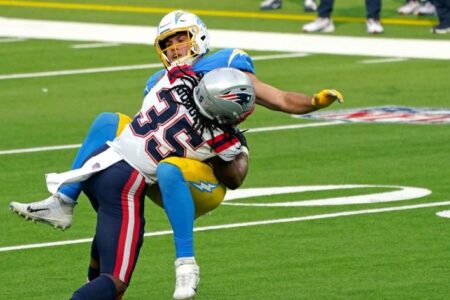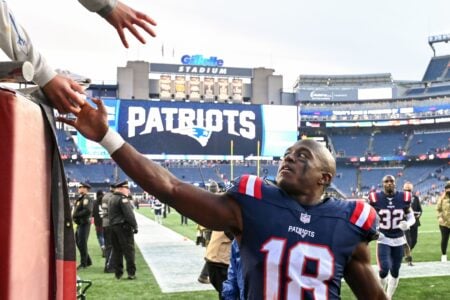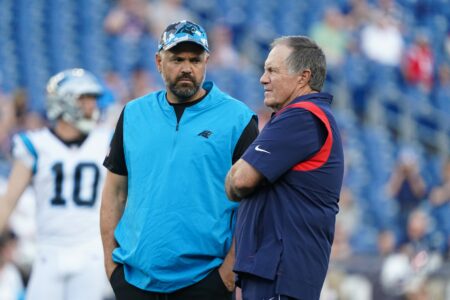One interesting thing is that of the real dynasties of the Super Bowl era, only the 70s Steelers were really distinguished by their D. The Packers had the power sweep running game, the 49ers had the West Coast offense, the Cowboys had one of the most talented offenses ever when you include O-line, and the Patriots offense has been underrated against their defense since '01.
To me, it's far easier for an offense to dictate the tempo of the game than a defense. They have the ball, after all, and choose what happens on every play. The vast majority of great defenses are married to a power running game that can chew up the clock (like the Steelers with Franco Harris). Playing defense is exhausting; it's impossible to keep up the pressure if your offense is runnin' and gunnin'. As was implied above, when an up-tempo passing team has a good defense they tend to be fast, aggressive, ball-hawking defenses rather than shut-down stalwarts.
I agree with the original post; it's a tautology to say that either is more important. They have to complement each other in style and talent. If the Ravens in their SB year had a better QB but a lesser running game, they wouldn't have done what they did. Their offense was the right thing for their defense, something Brian Billick didn't seem to understand enough. And the Patriots in '01 were deliberately very conservative on offense to chew up clock as much as possible (Charlie Weis has spoken about choosing a running play when he really wanted to play-action because the game plan called for caution).
I think the whole "defense-first" thing gets trotted out because dynamic passing offenses look great but expose their defense too much, so even if the defense is OK, it looks like it sucks. And good ball-control offenses are boring but protect the defense, so it looks like the defense is carrying the team. Either way, it looks like the defense is the issue, when the offense is just as important.
It's how the
team as a whole fits together that's the important part, not defense first.
Oh, and the Steelers won last year because Champ Bailey intercepted Tom Brady in the end zone ...



















